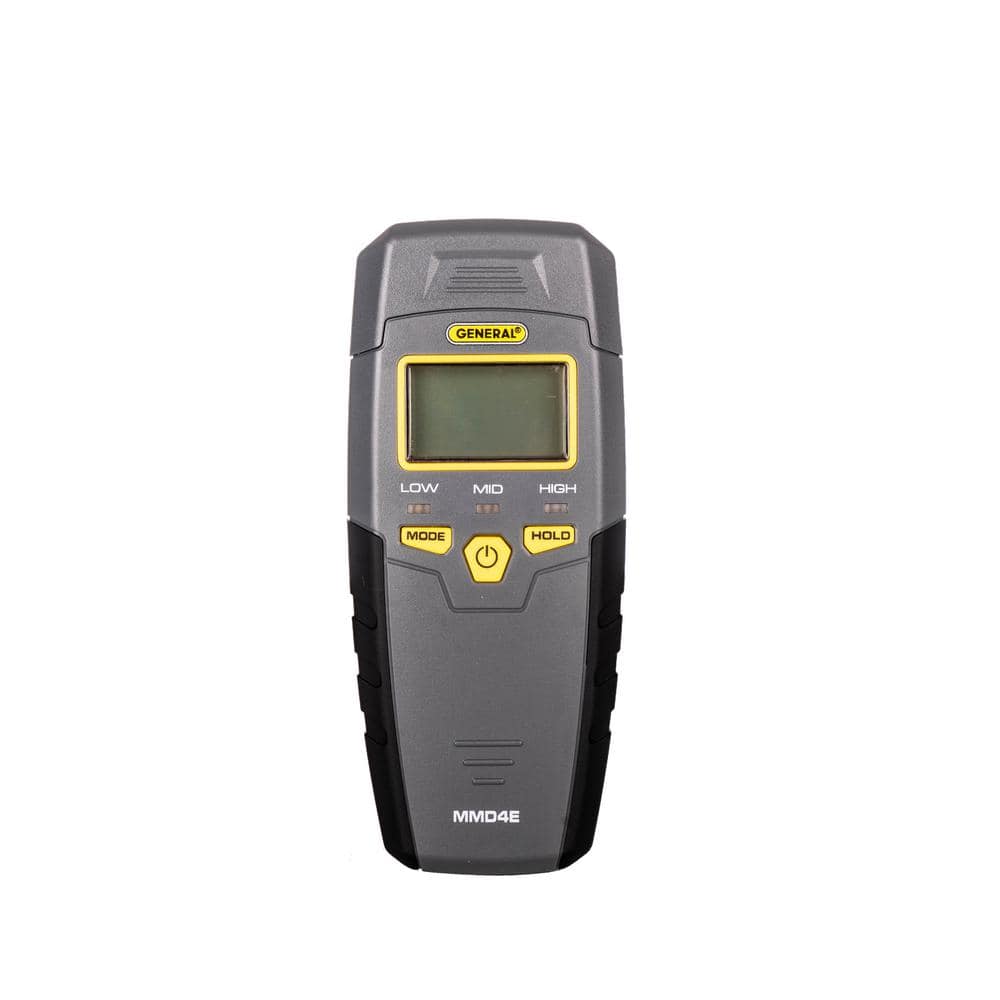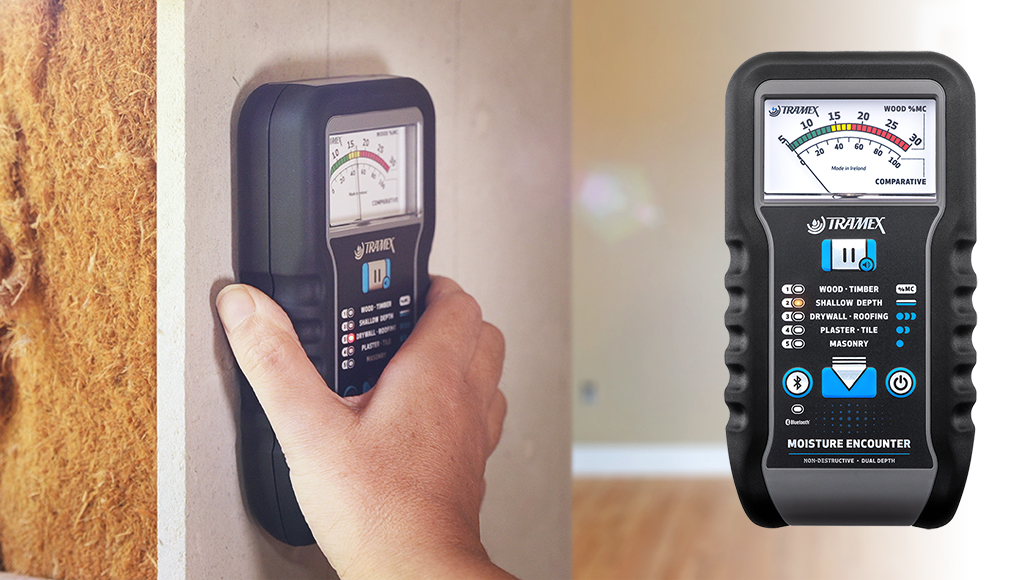Why Every Property Owner Needs a Moisture Meter: Trick Advantages and Attributes
Why Every Property Owner Needs a Moisture Meter: Trick Advantages and Attributes
Blog Article
The Ultimate Overview to Wetness Meters: A Comprehensive Review and Exactly How They Can Conserve You Cash
In the realm of building maintenance, construction, and various sectors, the significance of accurately gauging moisture degrees can not be overemphasized. Wetness meters work as vital devices in discovering and checking moisture material in products, helping in avoiding costly problems and making certain the high quality of items. Comprehending the nuances of different types of wetness meters, their applications, and the potential cost-saving advantages they use can be a game-changer for experts and services alike. Finding exactly how these tools can not just simplify procedures but additionally add to economic savings is a journey worth getting started on.
Kinds Of Moisture Meters
One usual type is the pin-type moisture meter, which gauges the electric resistance between 2 pins placed into a product. Pinless dampness meters, on the other hand, use electro-magnetic sensing unit plates to scan a bigger area without triggering damages to the product's surface.

Infrared dampness meters gauge the thermal residential properties of a product to establish its wetness material non-invasively, making them valuable for applications where pin or pinless meters might not be ideal. Recognizing the different kinds of dampness meters offered can assist sectors select the most appropriate device for their certain wetness dimension requirements.

Benefits of Using Moisture Meters
Dampness meters use vital benefits in accurately keeping track of and assessing moisture degrees in diverse products and atmospheres (Moisture Meter). One of the main advantages of using wetness meters is the avoidance of prospective damage brought on by excess moisture. By finding and addressing high moisture degrees at an early stage, wetness meters assist to stop mold and mildew growth, rot, and structural damages in structures, saving both time and cash on repair work. In addition, dampness meters help in guaranteeing the high quality of materials throughout construction or manufacturing procedures. By accurately measuring dampness content, these tools help keep the honesty of timber, drywall, concrete, and various other products, lowering the risk of failures or problems.
In addition, making use of wetness meters can lead to raised energy performance. In agricultural setups, moisture meters play a vital function in optimizing plant returns by enabling farmers to keep an eye on soil wetness degrees and make notified watering choices.
Exactly How to Select the Right Wetness Meter
Picking the appropriate moisture meter entails considering essential aspects such as product compatibility, measurement range, and calibration accuracy. When selecting a wetness meter, it's essential to make certain that the meter is suitable for the particular material you will be testing. Different products have differing electric homes that can affect moisture readings, so selecting a meter created for your product is crucial for accurate results. In addition, consider the dimension variety of the dampness meter. Make certain that the meter can identify dampness degrees within the array needed for your applications. Calibration accuracy is one more important variable to keep in mind. Go with a moisture meter with trusted calibration to ensure consistent and exact readings. Some meters might call for routine calibration adjustments, so recognizing the calibration procedure is very important. By carefully reviewing these factors, you can select a wetness meter that meets your needs and provides exact wetness measurements for your jobs.
Proper Techniques for Moisture Meter Usage

Price Savings Through Wetness Meter Applications
Exactly how can the tactical utilization of dampness meters lead to significant expense savings across various industries? In the farming market, wetness meters help in figuring out the optimal time for harvesting crops, avoiding over-drying or excess wetness that can impact the final item's high quality.
Similarly, in building, moisture meters help stop pricey damages by detecting wetness levels in structure products, such as timber or concrete, which can cause structural problems otherwise addressed without delay. By determining issue locations early on, specialists can take corrective steps to prevent substantial fixings or replacements, eventually saving money and time.
Moreover, in the food processing sector, moisture meters are crucial for monitoring item high quality and guaranteeing compliance with security guidelines. By precisely measuring moisture content in food, makers can prevent spoilage, keep quality, and minimize waste, resulting in significant price savings. Generally, the tactical application of wetness meters is an important financial investment that can lead to considerable expense decreases and boosted performance across various markets.
Verdict
In verdict, dampness meters are useful tools for measuring and finding moisture degrees in numerous products. By utilizing the ideal dampness meter and adhering to correct methods, customers can properly avoid expensive problems brought on Full Report by excess dampness. Investing in a top quality wetness meter can lead to significant price financial savings in the long run by determining potential issues at an early stage and allowing timely remediation. Ultimately, dampness meters are crucial tools for preserving the honesty and durability of materials and structures.
Wetness meters offer as crucial devices in spotting and keeping track of moisture web content in products, assisting in preventing expensive problems and ensuring the quality of items. Infrared dampness meters determine the thermal buildings of a material to identify its wetness material non-invasively, making them valuable for applications where pin or pinless meters might not be ideal.Wetness meters offer invaluable advantages in accurately keeping an eye on and analyzing moisture degrees in diverse products and atmospheres. In farming settings, moisture meters play a vital function in maximizing plant returns by making it possible for farmers to keep an eye on soil dampness levels and make notified irrigation decisions.In conclusion, wetness meters are useful tools for detecting and gauging wetness levels in various materials.
Report this page